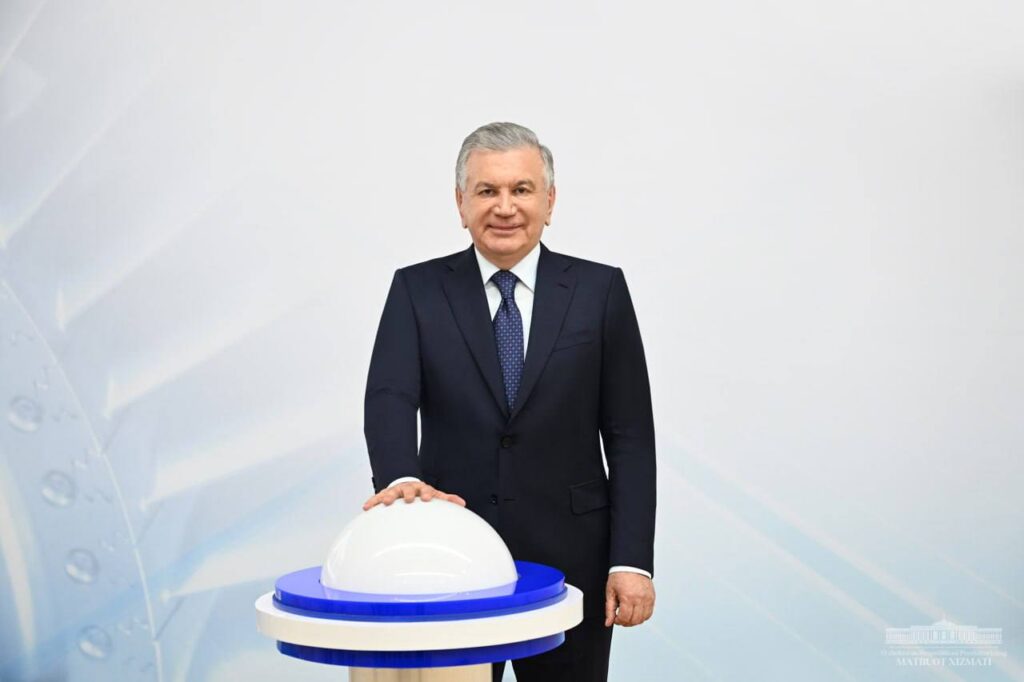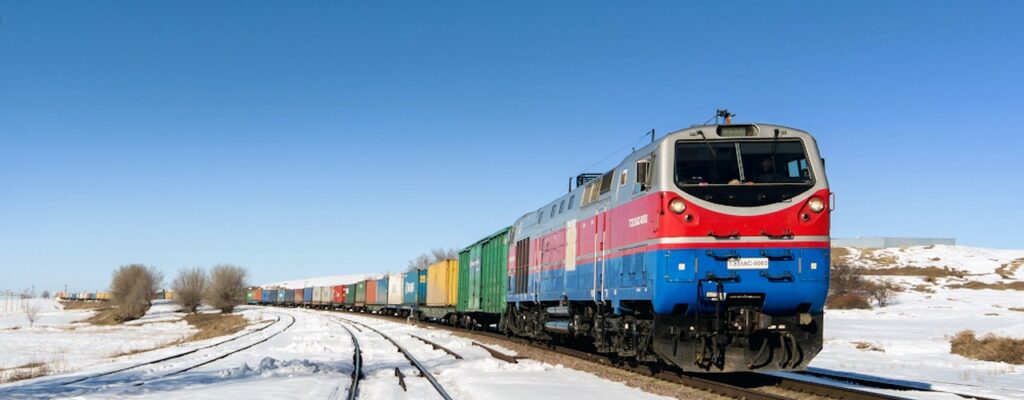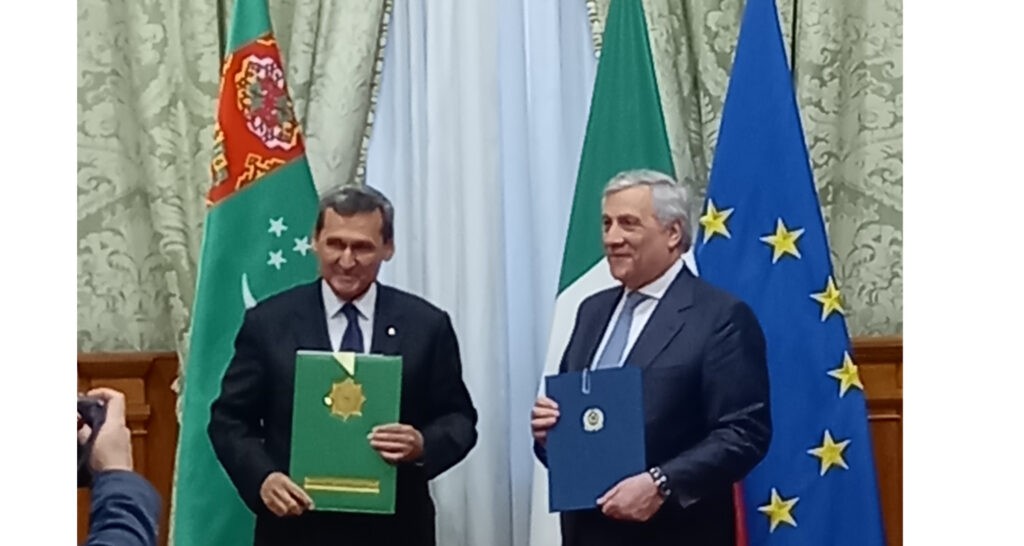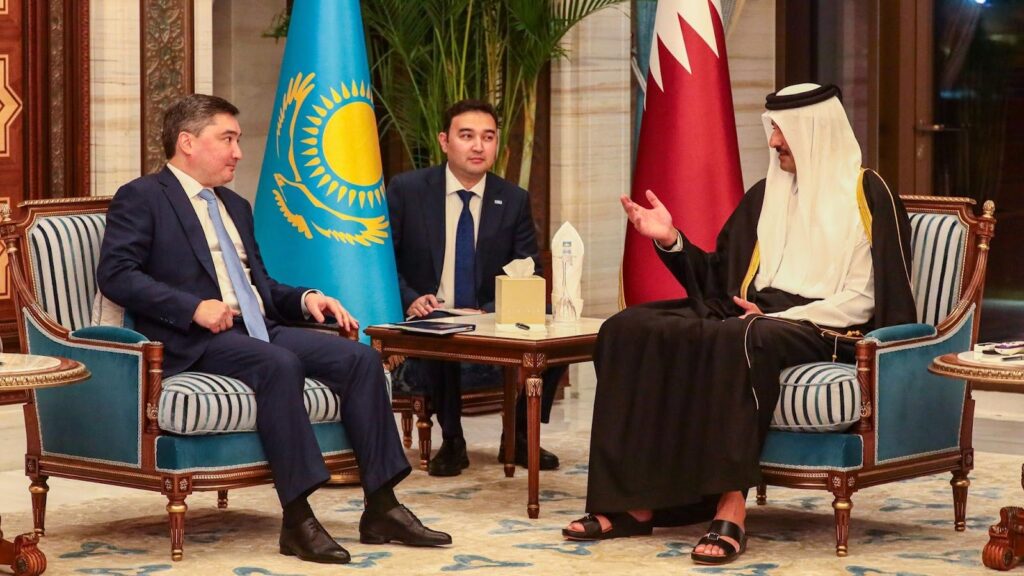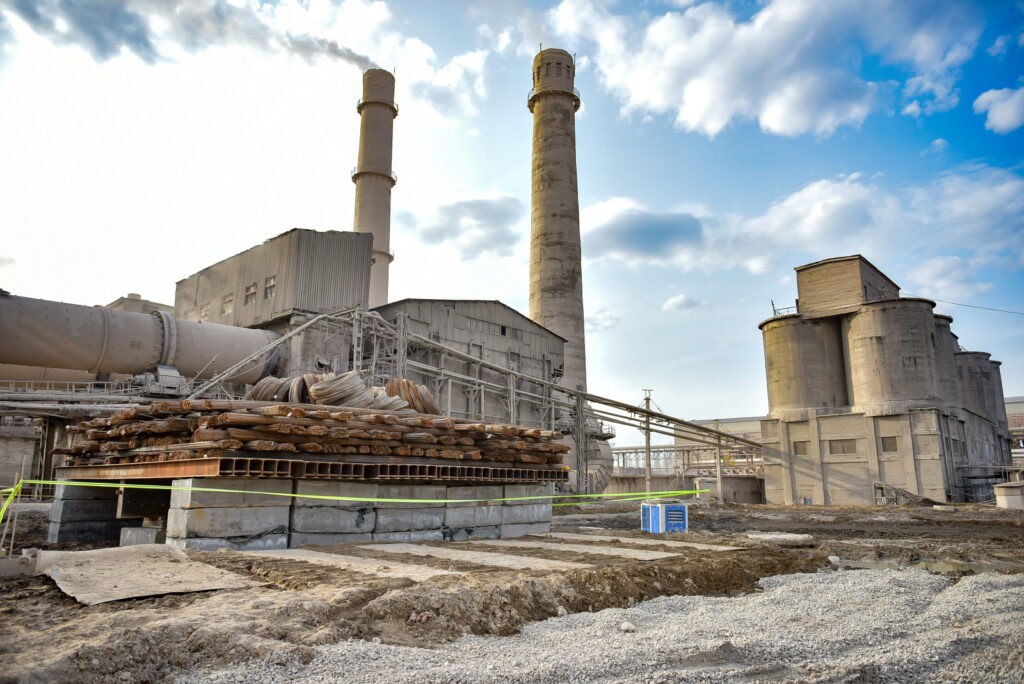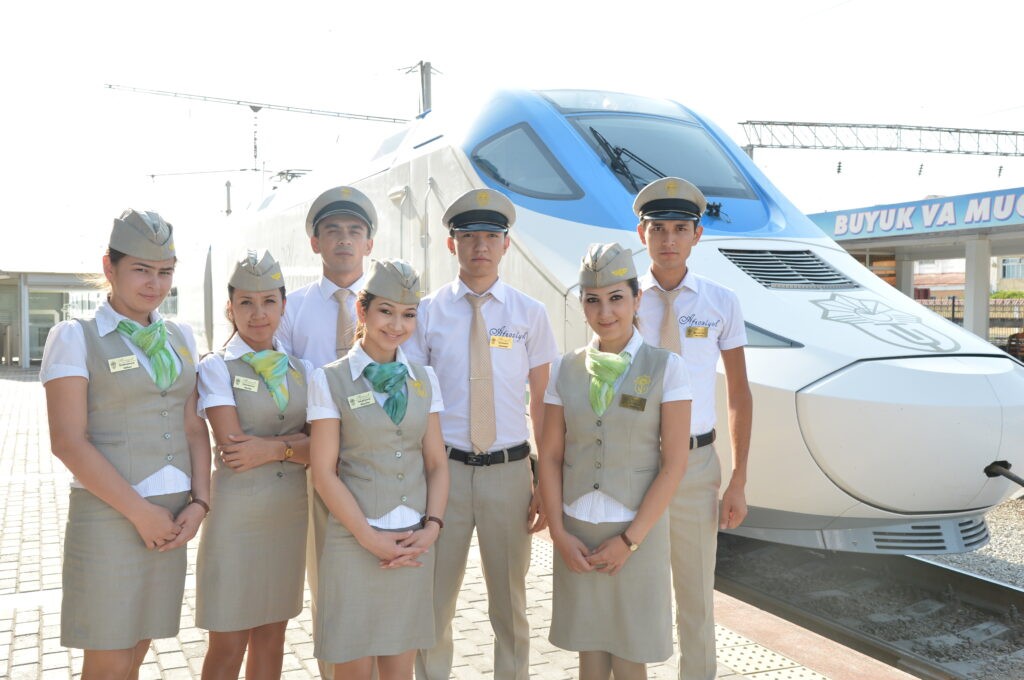Viewing results 547 - 552 of 724
On March 25th, Uzbekistan President Shavkat Mirziyoyev pressed a symbolic button to launch the construction of new power plants in the country’s Namangan region. Today, the Namangan region has 913 megawatts of generating capacity. Over the past three years, electricity consumption in the region has increased by 24 percent and to meet the ever-growing demand, three projects have been launched with a total capacity of 1,228 megawatts at a cost of $1.1 billion. The projects comprise a cascade of hydroelectric power plants and two solar power plants. The Uzbekhydroenergo joint stock company will invest $434 million in a cascade of 6 hydroelectric power stations. With a total capacity of 228 megawatts, the plants will generate 1 billion kilowatt-hours of electricity per year, saving 310 million cubic meters of gas and providing electricity to 430 thousand households. The German company Hyper Partners GmbH will build a solar power plant with a capacity of 500 megawatts. The cost of the project is $350 million and the annual capacity, 1.095 billion kilowatt-hours. Another solar power plant will be built in cooperation with Tepelen Group Holding Limited from the United Arab Emirates. Its cost will also be $350 million and its capacity, 500 megawatts. The connection of the above power plants to the power grid is scheduled for completion by the end of this year. Combined, the projects will provide the Namangan region with an annual generating capacity of 2141 megawatts and 7.8 billion kilowatt-hours of electricity. Since this is more than enough to cover the region's need for 5.5 billion kilowatt-hours, any excess electricity will be sent to neighbouring Andijan and Fergana.
On March 25th, Marat Karabaev, Kazakhstan’s Minister of Transport visited Urumqi in China’s western Xinjiang Uyghur Autonomous Region, home to the International Dry Port, the Express Delivery Center (Jitu Express), the China-Europe Railway Express Hub, and the office of the Xinjiang Trade and Logistics Corporation. The occasion marked the anniversary of the departure of the 150th container train, Tian Shan, along the China-EU route. During the ceremony, it was stated that over the 10-year period since the launch of China’s Belt and Road initiative in 2013, about 85 thousand container trains were sent from China to Europe; 80% of which had passed through Kazakhstan. Earlier this month, the Kazakh government announced plans to increase the volume of cargo transported by rail to 450 million tons and by road to 316 million tons. The proposed increase in transit transportation to 30 million tons will include that of cargo along the Trans-Caspian International Transport Route to at 4.2 million tons.
A Turkmen delegation led by the Deputy Chairman of the Cabinet of Ministers, Minister of Foreign Affairs of Turkmenistan, Rashid Meredov visited Italy on March 20th for negotiations with the Deputy Prime Minister and Minister of Foreign Affairs of Italy Antonio Tajani. The foreign ministers discussed bilateral relations in political, diplomatic, trade, economic, cultural and humanitarian sectors. The Turkmen Foreign Minister also held talks with the Deputy Prime Minister, Minister of Infrastructure and Transport of Italy, Matteo Salvini and top representatives of the Italian transport sector. The parties discussed expanding cooperation in the field of railway and maritime transport, and signed a Memorandum of Cooperation between the ports of Turkmenbashy (Turkmenistan) and Naples (Italy).
On March 20th the Prime Minister of Kazakhstan Olzhas Bektenov attended a meeting in Qatar with the Emir of Qatar, Sheikh Tamim bin Hamad Al Thani. During discussions, Bektenov emphasized the importance of the two countries’ economic partnership in the Arab world and reported on the imminent implementation of large-scale and strategically significant investment projects worth an unprecedented amount of $17.6 billion. The governments of Kazakhstan and Qatar subsequently signed an agreement on establishing a long-term strategic partnership for the development of projects in priority sectors. Projects include the construction of gas processing plants in Kazakhstan at a cost of around $5.7 billion. The additional construction of a Aktobe-Kostanay gas pipeline and the second section of the Beineu-Bozoy-Shymkent gas pipeline for a total cost of around $7.7 billion, will develop gas supplies to Kazakhstan's northern regions. A further investment of around $2.7 billion will fund the construction of a combined cycle gas power plant with a capacity of 1,100 MW, and a hydroelectric power plant with a capacity of 350 MW, to ensure long-term energy security of Kazakhstan. With reference to agriculture, the Prime Minister declared Kazakhstan’s readiness to supply halal and organic products to Qatar, and stated that the two countries are on course to construct plants for the deep processing of wheat, peas and milk in Kazakhstan.
On March 20th, First Deputy Chairman of the Cabinet of Ministers of the Kyrgyz Republic, Adylbek Kasymaliev attended a ceremony to launch the construction of a new clinker line at the cement plant in Kant. Kasymaliev reported that in 2023, the plant received $8.5 million from the Kyrgyz-Russian Development Fund for an export-oriented aerated concrete line. This year, thanks to a loan of $50 million from the Eurasian Development Bank and $20 million of internal investments, the construction of a new clinker line has begun. Clinker is essential for cement production and its versatility allows it to be stored and transported globally without risk of degrading. With the completion of the new line, the production of high-quality clinker will total 800 thousand tons per year. Located 20km east of Bishkek, Kyrgyzstan’s largest cement plant currently produces over 1.1 million tons of cement per year and since it cooperates with 45 companies – from manufacturers of bags for cement to end consumers – the plant’s activities have a widespread impact on Kyrgyzstan’s economy.
Six Hyundai Rotem high-speed trains made in South Korea will soon be launched between Tashkent and Khiva. The electric trains will have seven carriages, and will be able to carry 350 passengers at speeds of up to 250 kilometers per hour. To purchase the trains, Uzbekistan will use a $200 million, 35-year loan from the Economic Development and Cooperation Fund (EDCF) of the Republic of Korea. A feasibility study for the project is currently being drawn up. Uzbekistan had originally planned to purchase high-speed trains from Hyundai back in 2018, with the project estimated at $1 million. But the national rail company Uzbekistan Temir Yollari ended up instead signing a contract with the Spanish company Talgo, which manufactured the Afrosiyob trains currently in use in the country. A $162 million loan for electrification of the 465km Bukhara-Miskin-Urgench-Khiva railway line was approved by the Asian Development Bank (ADB) back in 2021. High-speed trains that will connect these cities will shorten the journey by two hours. The project was planned as part of the Central Asia Regional Economic Cooperation (CAREC) Corridor 2 program. It will link China and Europe through Central Asia and aims to boost the countries' cross-border trade. Uzbekistan is actively developing its tourism potential. Because of this, Uzbekistan Temir Yollari and the Italian company Arsenale Group are planning a luxury tourism train project. The train will have all the accoutrements for comfortable, five-star travel along the Silk Road along the Tashkent-Samarkand-Bukhara-Khiva-Tashkent route.
